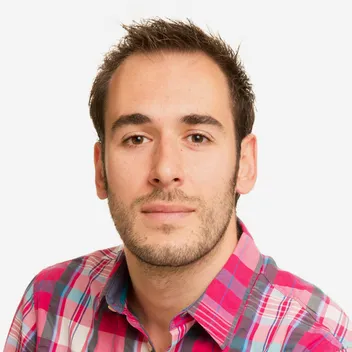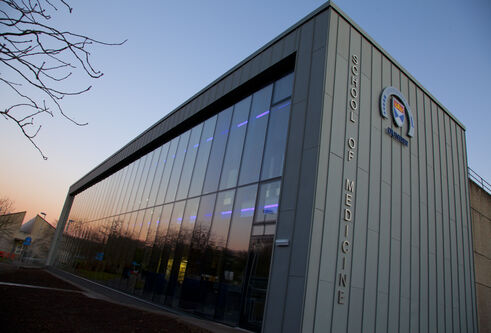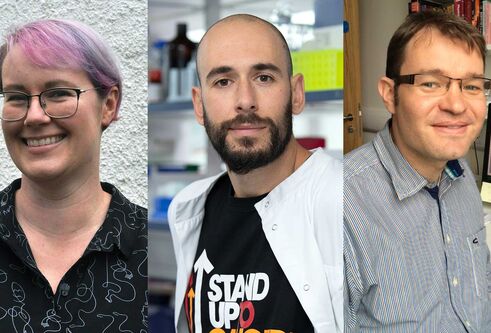Dr Laureano de la Vega
Reader
Cancer Research, School of Medicine
Head of Division
Cancer Research, School of Medicine

Contact
Biography
Laureano de la Vega is a biochemist graduate from the University of Cordoba (Spain), he finished his PhD in Biochemistry in 2007 obtaining the highest degree, Summa Cum Laude, for his work investigating the molecular mechanisms regulating HIV latency. Following this, he moved to Giessen (Germany) to join the team of Prof. Lienhard Schmitz as a postdoctoral researcher from 2007 to 2013. During that time his research was focused on post-translational modifications of HIPK2, an important regulator of cell growth, cell death and differentiation. In 2013 he moved to Dundee where he started his own group focused on the regulation of stress response pathways in cancer.
Research
Stress Responses
Organisms need to be able to adapt to change in order to survive, and certain cellular programs (stress response pathways) have evolved to respond to a dynamic environment. Example of stress responses pathways include p53, NRF2, and HSF1 pathways. Stress responses are by definition acute, and their transient activation help normal cells to cope with cellular stresses. Interestingly, there is a large body of evidence showing that, in contrast to normal cells, cancer cells are constitutively under cellular stress (i.e. DNA damage/replication stress, proteotoxic stress, mitotic stress, metabolic stress, and oxidative stress) and they depend on the sustained activation of cytoprotective stress response pathways to survive.
The essential nature of the stress response pathways in cancer cells makes them attractive targets, and thus, a better understanding of how these pathways are regulated could help identify new ways to modulate stress responses to impair cancer cell survival. In that sense, our lab is focused in obtaining a detailed understanding of stress response pathways and their aberrations in cancer. For that, we are interested not only on key master regulators of stress responses (e.g. NRF2, HSF1 or P53) but as well in the upstream regulatory pathways that modulate their activity (i.e. upstream kinases).
Teaching
Laureano is the Science and Health Communication MSc Programme Lead, where he is also module manager for three modules; he also leads the level 4 Cancer Pharmacology and Treatment module within the Biomedical and Biological sciences courses.
Stories
News
Congratulations to many of our staff who were successful in their applications for promotion in the 23/24 cycle.

News
Programme leads have been appointed for two new taught postgraduate courses that will commence in the autumn.

Press release
Researchers from the University of Dundee have identified a new mechanism that enables an aggressive form of breast cancer to survive and grow, a vital step towards developing life-saving treatments for the disease.